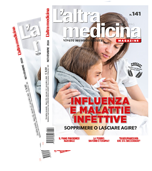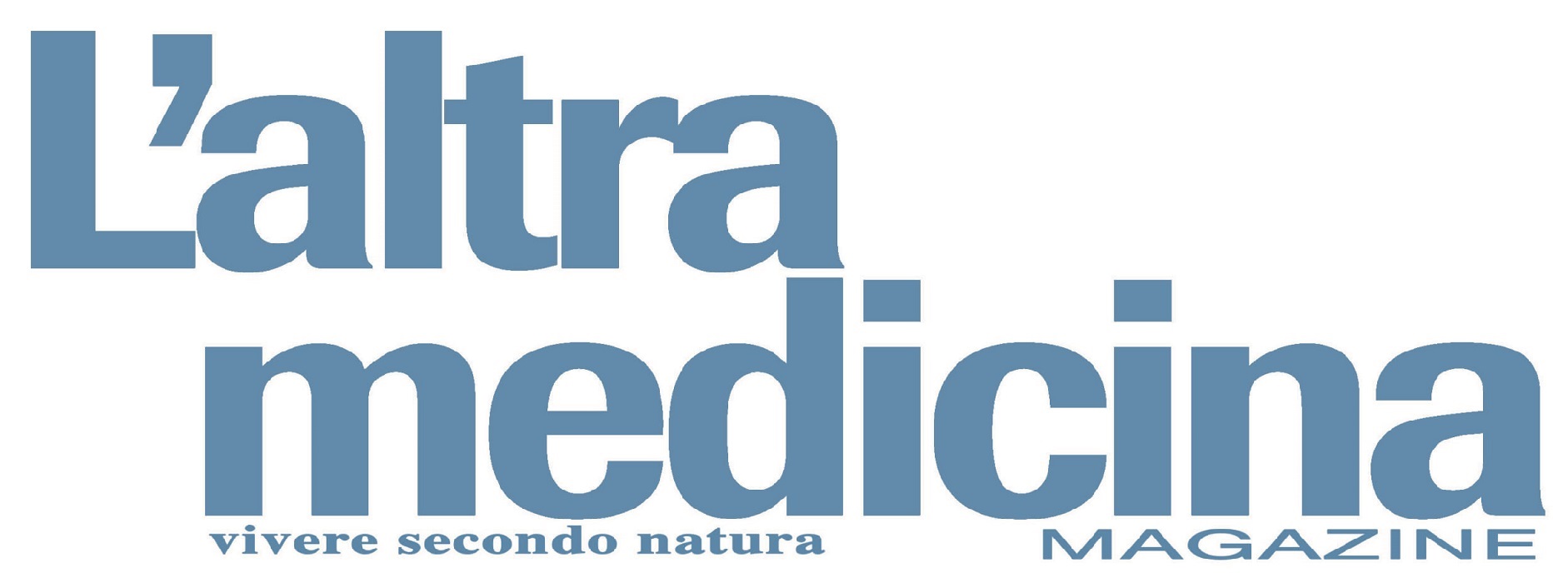Articolo L’altra Medicina N. 87 – 07/2019
Bibliografia
- Vaezi, M.F., Y.X. Yang, and C.W. Howden, Complications of Proton Pump Inhibitor Therapy. Gastroenterology, 2017. 153(1): p. 35-48.
- Hill, A.B., The Environment and Disease: Association or Causation? Proc R Soc Med, 1965. 58: p. 295-300.
- Havu, N., Enterochromaffin-like cell carcinoids of gastric mucosa in rats after life-long inhibition of gastric secretion. Digestion, 1986. 35 Suppl 1: p. 42-55.
- Murphy, G., et al., Serum gastrin and cholecystokinin are associated with subsequent development of gastric cancer in a prospective cohort of Finnish smokers. Int J Epidemiol, 2017. 46(3): p. 914-923.
- Waldum, H.L., P.M. Kleveland, and O.F. Sordal, Helicobacter pylori and gastric acid: an intimate and reciprocal relationship. Therap Adv Gastroenterol, 2016. 9(6): p. 836-844.
- Cheung, K.S., et al., Long-term proton pump inhibitors and risk of gastric cancer development after treatment for Helicobacter pylori: a population-based study. Gut, 2018. 67(1): p. 28-35.
- Brusselaers, N., et al., Maintenance therapy with proton pump inhibitors and risk of gastric cancer: a nationwide population-based cohort study in Sweden. BMJ Open, 2017. 7(10): p. e017739.
- Waldum, H.L. and R. Fossmark, Proton pump inhibitors and gastric cancer: a long expected side effect finally reported also in man. Gut, 2018. 67(1): p. 199-200.
- Waldum, H.L., O. Sordal, and R. Fossmark, Proton pump inhibitors (PPIs) may cause gastric cancer – clinical consequences. Scand J Gastroenterol, 2018. 53(6): p. 639-642.
- Gesmundo, I., et al., Proton pump inhibitors promote the growth of androgen-sensitive prostate cancer cells through ErbB2, ERK1/2, PI3K/Akt, GSK-3beta signaling and inhibition of cellular prostatic acid phosphatase. Cancer Lett, 2019. 449: p. 252-262.




